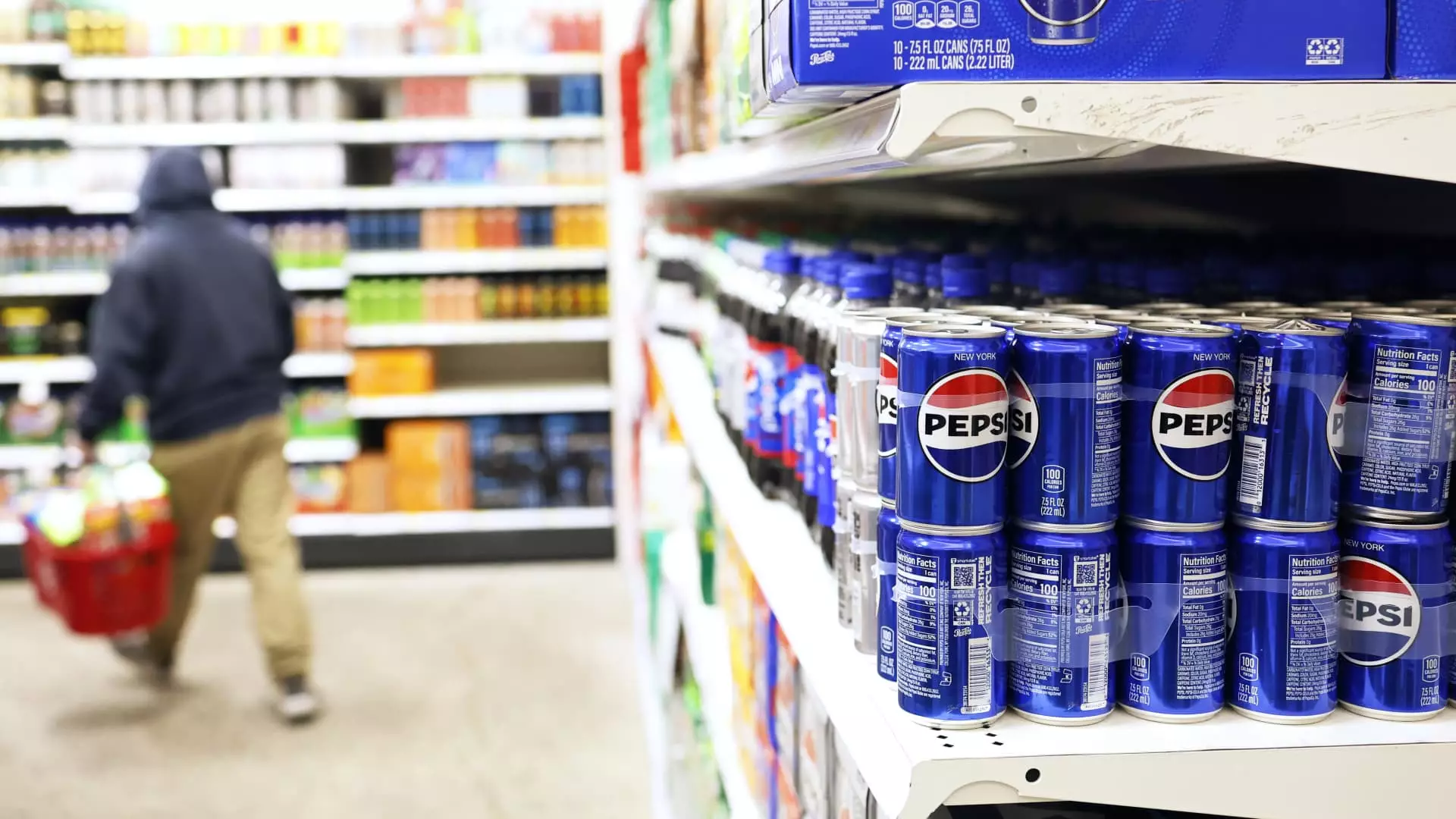On a recent Friday, the Federal Trade Commission (FTC) announced its decision to sue PepsiCo, accusing the beverage titan of engaging in illegal price discrimination practices. Specifically, the lawsuit claims that PepsiCo provided one unnamed retailer—widely recognized to be Walmart—favorable pricing arrangements over its competitors, violating the provisions of the Robinson-Patman Act. This act, established back in 1936, is designed to prevent unfair competition practices by prohibiting sellers from offering different prices to competing buyers for the same products.
The heart of the FTC’s allegations lies in the assertion that PepsiCo selectively extended promotional payments, advertising tools, and allowance funds to Walmart while withholding similar benefits from rival retailers. In doing so, the FTC argues, PepsiCo compromised the integrity of fair market competition, potentially raising prices for consumers and limiting viable avenues for smaller competitors. This case reflects a broader concern regarding market monopolization and the crucial role that fairness plays in maintaining healthy competition within the retail sector.
Despite these allegations, PepsiCo has emphatically denied any wrongdoing, asserting that their pricing strategies are consistent with industry norms. In a public statement, the company expressed strong disapproval of the FTC’s legal maneuvering, describing the lawsuit as both factually and legally flawed. PepsiCo maintains that its relationship with retailers, including promotional efforts, is equitable and not skewed in favor of certain parties.
The FTC’s action arrives in a politically charged climate, as it coincides with the culmination of Lina Khan’s chairmanship—one marked by increased regulatory scrutiny over corporate practices. Khan was a prominent advocate for reinstating robust enforcement of the Robinson-Patman Act, which had seen a decline in rigor since the deregulation wave of the 1980s. While previous administrations had largely overlooked this act’s stipulations, the Biden administration has seemingly revitalized its commitment to tackling unfair trade practices, as evidenced by a series of recent lawsuits against major corporations.
Interestingly, the lawsuit is currently sealed, with a significant portion of the alleged violations redacted due to legal protections for both PepsiCo and Walmart. The FTC has indicated plans to petition for the removal of these redactions, aiming to provide transparency regarding the alleged misconduct and its implications for retail pricing dynamics.
Industry Implications
This lawsuit could set significant precedents regarding how large corporations engage with their retail partners. Should the FTC prevail, it might not only reshape PepsiCo’s sales strategies but also influence the practices of other major corporations in similar sectors. The outcome could usher in a more emphatic enforcements of fair pricing strategies, fostering a more competitive environment for smaller retailers and preventing larger players from potentially leveraging their market positions for unfair advantages.
Despite the critical stance of the FTC, how this lawsuit ultimately unfolds remains to be seen. The forthcoming proceedings will undoubtedly attract considerable commercial scrutiny, as various stakeholders—including retailers, consumers, and investors—monitor the evolving legal landscape surrounding corporate pricing practices. As this case progresses, it could resonate through the industry, highlighting the ongoing tension between maintaining competitive advantages and complying with fair trade regulations.

